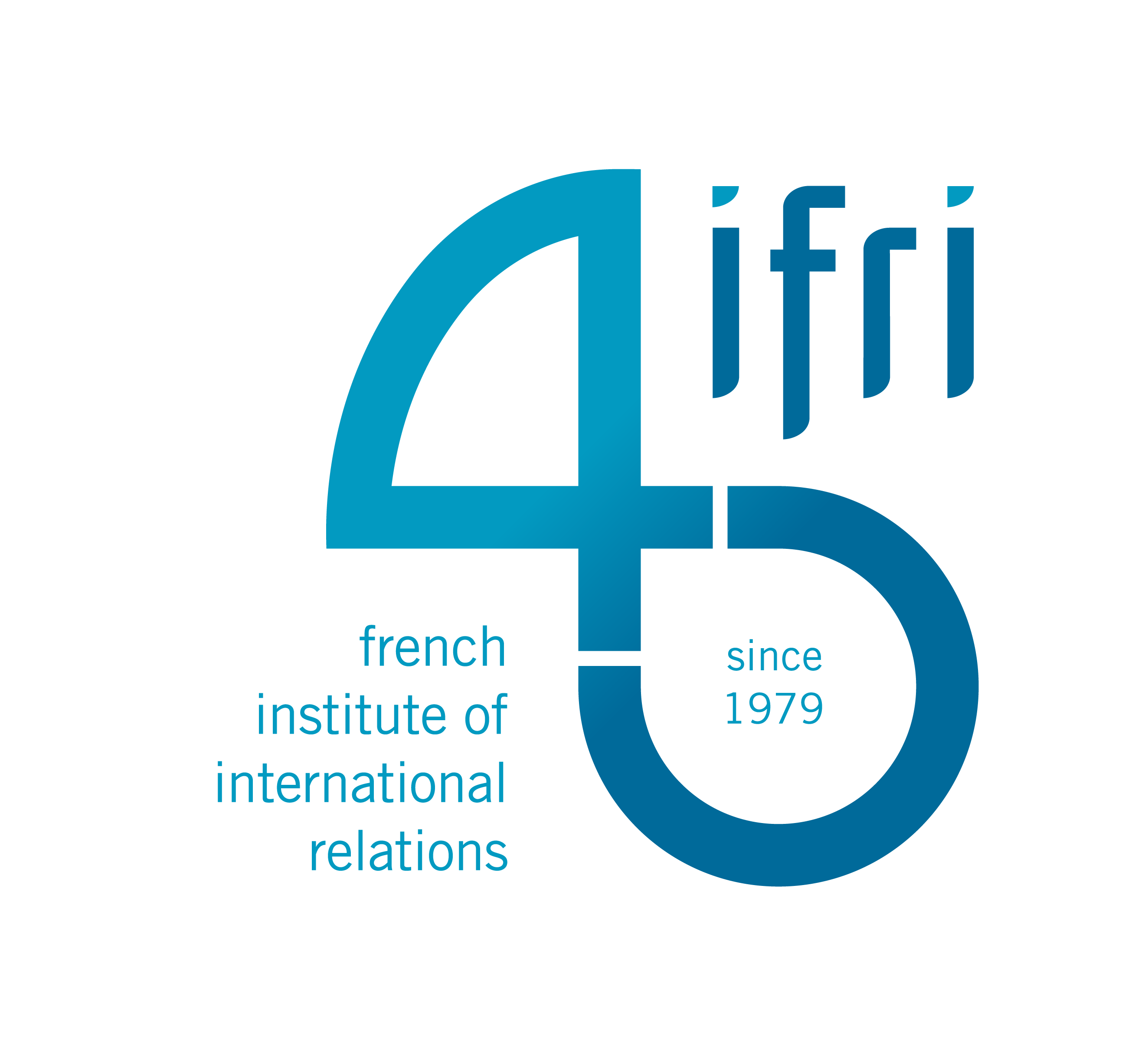This piece is a revised version of a paper presented at the conference on “New Convergences in EU-ROK Economic Security Relations”, organised in Rome on 30 January 2024 by the Istituto Affari Internazionali (IAI).
In a context of heated great power rivalry and geopolitical tensions, security concerns now tend to prevail over considerations of economic efficiency. This change in context is particularly challenging for the European Union, first because of the potential differences in security perceptions across its member states, and secondly because its economic model has been based on an open, intervention-free economy. As a result, the EU’s economic security strategy places a heavier emphasis on protecting its economy than on promoting its competitiveness through industrial policy-like measures. But the strategy also relies on partnering with other countries, with South Korea as an ideal partner due to the existing mechanisms already in place between the two countries to address economic security-related issues.
About the Author
Françoise Nicolas joined Ifri as a Resarch Fellow in1990 and was later the Director of the Center for Asian Studies until February 2024. She is now Senior Advisor to the Center for Asian Studies while she also teaches at Langues’ O, Sciences Po Paris (Europe-Asia programme, Le Havre campus) and Sciences Po (Lyon) and is a consultant to the Directorate for Financial, Fiscal and Enterprise Affairs of the OECD (DAF) focusing on Southeast Asian non-member countries. In the past she was an assistant Professor in international economics at the University of Paris-Est (Marne-la-Vallée) from 1993 to 2016, and taught at the Graduate Institute of International Studies (GIIS, Geneva – 1987-90), at the Ecole Nationale des Ponts et Chaussées (1991-95), as well as at the HEC School of Management (2000-02).
Françoise Nicolas holds a Ph.D in international economics (1991) and a MA in political science (1985) from the Graduate Institute of International Studies (Geneva, Switzerland), as well as a diploma in translation from the University of Geneva (1980). She has also studied at the University of Sussex (1980-81) and has spent some time as a visiting fellow at the Institute of Southeast Asian Studies (ISEAS) in Singapore (1999) and at the Korea Institute for International Economic Policy (KIEP) in Seoul (2004).


